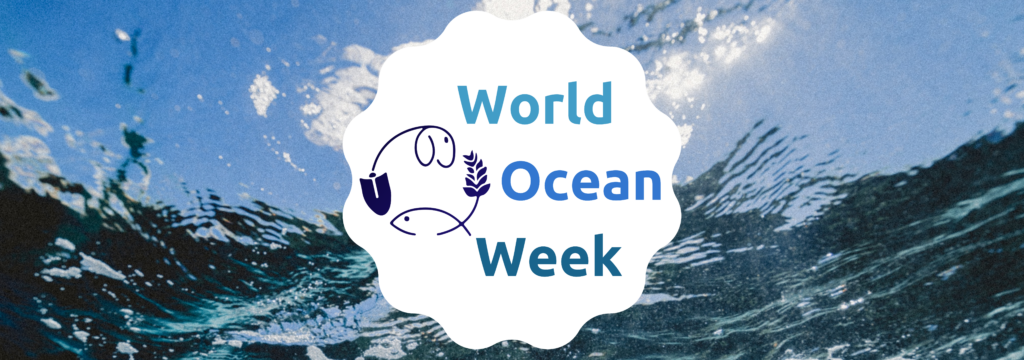June 11, 2021
Sea is culture. Sea is life. Small-scale fishers from across the globe rely on traditional fishing methods and practices, working in harmony with the environment to feed themselves and their communities. Currently, multiple challenges brought by the capitalist development model threaten the life and livelihood of millions of small-scale fishing communities worldwide. During World Ocean Week (8-11 June 2021), the Working Group on Fisheries of the International Planning Committee for Food Sovereignty (IPC) wants to give space and visibility to small-scale fishers’ voices through a series of videos that will bring you into small-scale fishers’ daily lives. The IPC Working Group on Fisheries is a space of alliance and coordination among the major global civil society networks representing small-scale fisheries, including Indigenous communities, who gather in such space to bring the voice of their communities to international political decision-making bodies. This means over 50 million fisher peoples from more than 100 countries, including women, young people deciding to practice and keep alive the traditional activities of their communities, and Indigenous Peoples, both in inland and in coastal fishing communities. Since early 2020, COVID-19 has radically changed our lives and triggered unprecedented responses from governments across the world most of which have only resulted in the exacerbation of the ongoing failure to support small-scale fishing communities. The IPC firmly believes that governments establish inclusive mechanisms of political participation, through which dialogue with small-scale fishers’ movements to find appropriate response mechanisms for fishing communities. During the 34th Session of the FAO Committee on Fisheries, convened in an online format in February 2021, we assisted to daunting discussions in which Governments affirmed that their priorities lay in the expansion of aquaculture, digitalization of food systems, and new ways to address food security problems through the collaboration with large-scale fishing industries. The focus was strongly set to discuss how to boost international trade to address the growing global demand for fish. Despite these discussions may seem harmless, what is actually hiding below the surface is the expansion of the capitalist food system – based on massive investments and seeking to supply food to foreign markets that can afford it. As defenders of the land, water, forests, and of the oceans’ culture, small-scale fishing communities are stewards of coastal and inland ecosystems and biodiversity. Small-scale fishing practices are more sustainable, have a lower carbon footprint, and produce more affordable fish for direct human consumption than large-scale fishing and aquaculture. Indigenous and traditional knowledge embedded in local cultures is key to enhance sustainable development and intergenerational equity and will ensure healthy livelihoods for future generations. Today, our communities are directly affected by a growing number of so-called “development projects”, involving extractive industries, large-scale aquaculture, development of the tourism industry, and harbors designed to further develop a global value chain system that is unsustainable in human and environmental terms. To restore ecosystems, protect future generations, and ensure our livelihoods and our right to a healthy life, we continue to call to develop bolder ambitions and take more decisive actions against the loss of our life’s resources. This direction is consistent with the human rights-based approach enshrined in the Voluntary Guidelines for Sustainable Small-scale Fisheries (SSF Guidelines), which are grounded in international human rights treaties and center on the preservation and conservation of ecosystems and marine biodiversity. Watch the videos of the World Ocean Week to learn more about the world of small-scale fishing communities.
